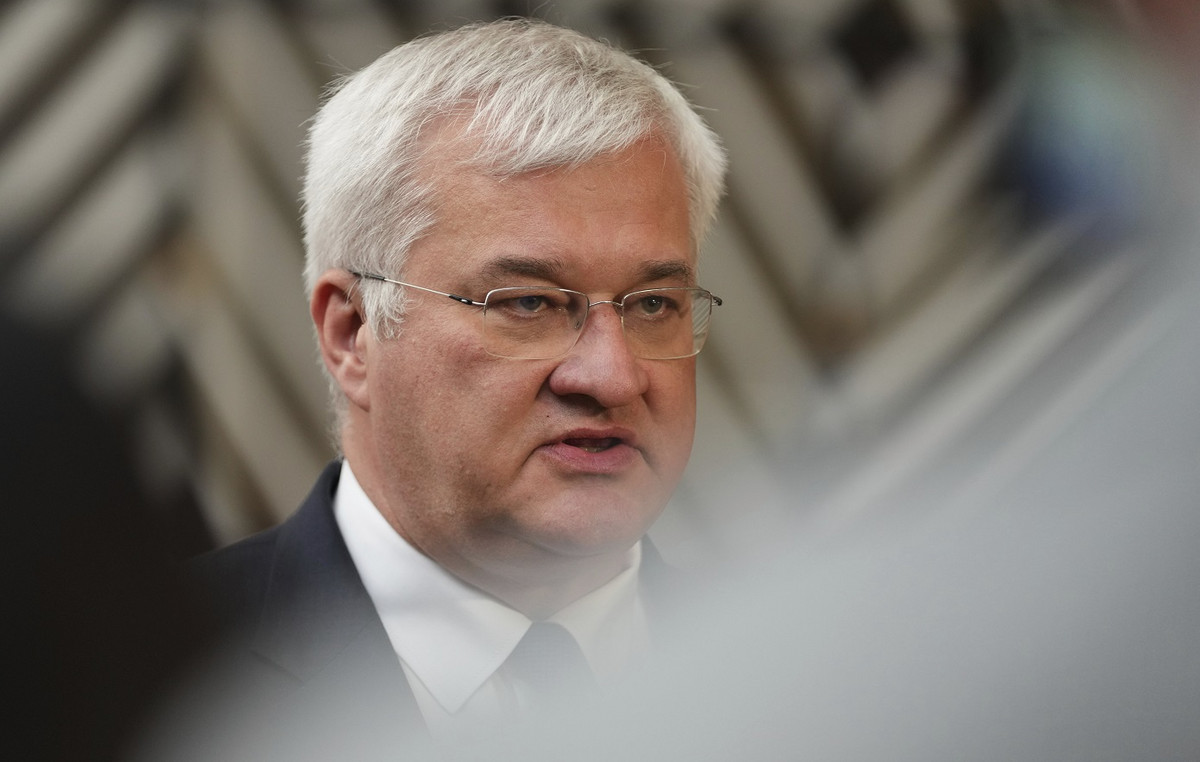Israeli military personnel have presented a plan to the war cabinet to “evacuate the population” of Gaza from combat areas, amid warnings that an offensive against the southern city of Rafah will soon take place.
Earlier this month, Prime Minister Benjamin Netanyahu's office said it had instructed the Israel Defense Forces (IDF) to draw up a plan to evacuate civilians from Rafah, home to more than a million people.
This “next operational plan” was submitted for approval this Monday (26), Netanyahu's office said, although its statement did not mention Rafah by name. A CNN did not see a copy of the plan.
Fears are growing in Gaza and across the international community about the IDF's planned offensive on Rafah, which lies next to the closed border with Egypt.
The city has become home to the majority of displaced Palestinians as the Israeli military has advanced south, but these civilians apparently have no place left to escape.
The US warned it would not support a campaign in the city without a “credible” plan to evacuate Palestinians.

The Netanyahu government statement said the cabinet also approved a plan to provide humanitarian assistance to Gaza “in a manner that will prevent the looting that has occurred in the Northern Strip and other areas.”
The Israeli leader vowed to move forward on Rafah during an interview with CBS's Face the Nation on Sunday.
“We cannot leave Hamas’ last (command) stronghold unattended,” said Netanyahu, highlighting that Hamas’ last “command stronghold” is in Rafah with four battalions. A CNN cannot independently verify these numbers.

He told the program that once Israel “begins Operation Rafah, the intense fighting phase will be weeks to completion, not months.”
And he indicated that he asked the IDF to present a “dual plan”; one to “enable the evacuation of Palestinian civilians in Gaza” and another to “destroy the remaining Hamas battalions.”
“If we have an agreement, it will be delayed a little. But it will happen,” Netanyahu said, referring to a possible deal that will see a humanitarian pause in Gaza and the release of Israeli hostages held by Hamas. “If we don’t have an agreement, we will do it anyway. It has to be done,” he said.
White House national security adviser Jake Sullivan told CNN on Sunday that negotiators reached an “understanding” on the broad contours of a possible agreement, and negotiations continue in Qatar this Monday (26).
Indirect discussions with Hamas continue. But Hamas has not yet signed anything and any possible final agreement is still a few days away while negotiators continue their work.
“Representatives from Israel, the United States, Egypt and Qatar met in Paris and reached an understanding among the four on what the basic contours of a hostage agreement for a temporary ceasefire would look like. I’m not going to go into the details of that because it’s still under negotiation,” Sullivan told Dana Bash of CNN .
“There will have to be indirect discussions between Qatar and Egypt with Hamas because ultimately they will have to agree to release the hostages. That work is ongoing,” Sullivan added. “And we hope that in the coming days we can reach a point where there is a firm and final agreement on this issue. But we will have to wait and see.”
Source: CNN Brasil
Bruce Belcher is a seasoned author with over 5 years of experience in world news. He writes for online news websites and provides in-depth analysis on the world stock market. Bruce is known for his insightful perspectives and commitment to keeping the public informed.







